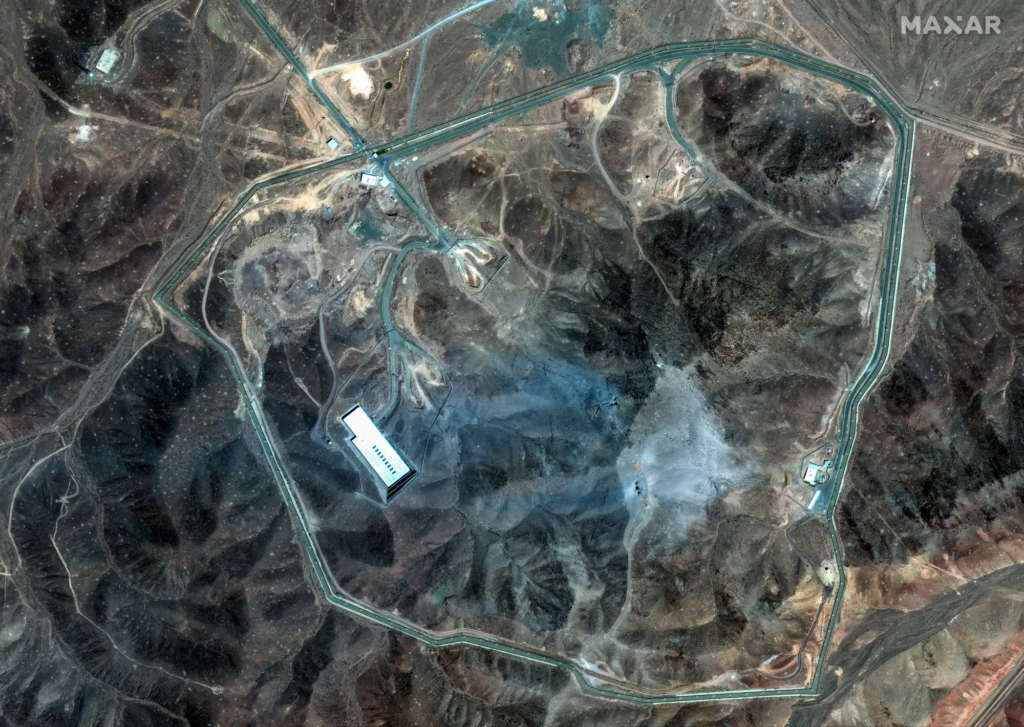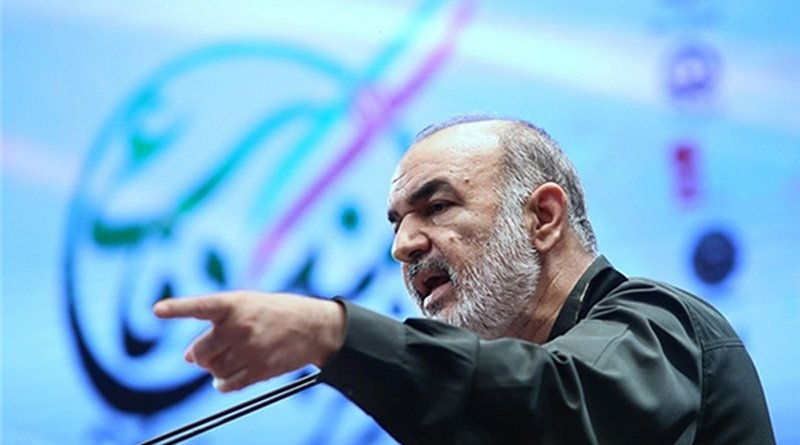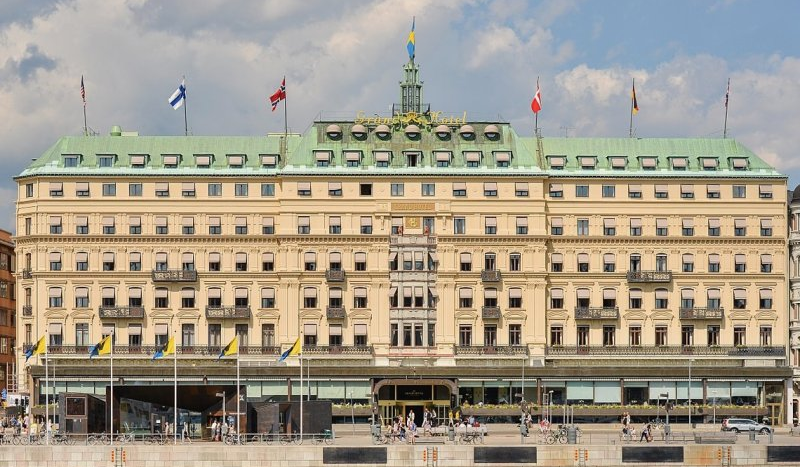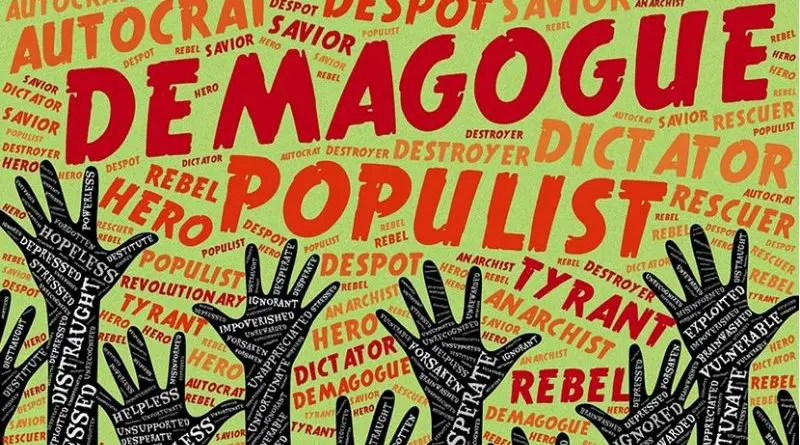The WarTech Nexus – Are Military Structures Fit Enough?

Abstract: Military effectiveness hinges on technological innovation and organisational fitness—the ability to adapt, integrate, and exploit new capabilities. While AI, cyber warfare, and autonomous systems are reshaping conflict, rigid hierarchies and cultural resistance hinder their adoption. Bridging the gap between technological potential and institutional readiness requires decentralised decision-making, strategic alignment, and adaptive structures. Public-private partnerships, phased adoption, and cultural transformation are essential to ensuring military innovation and sustained strategic superiority.









